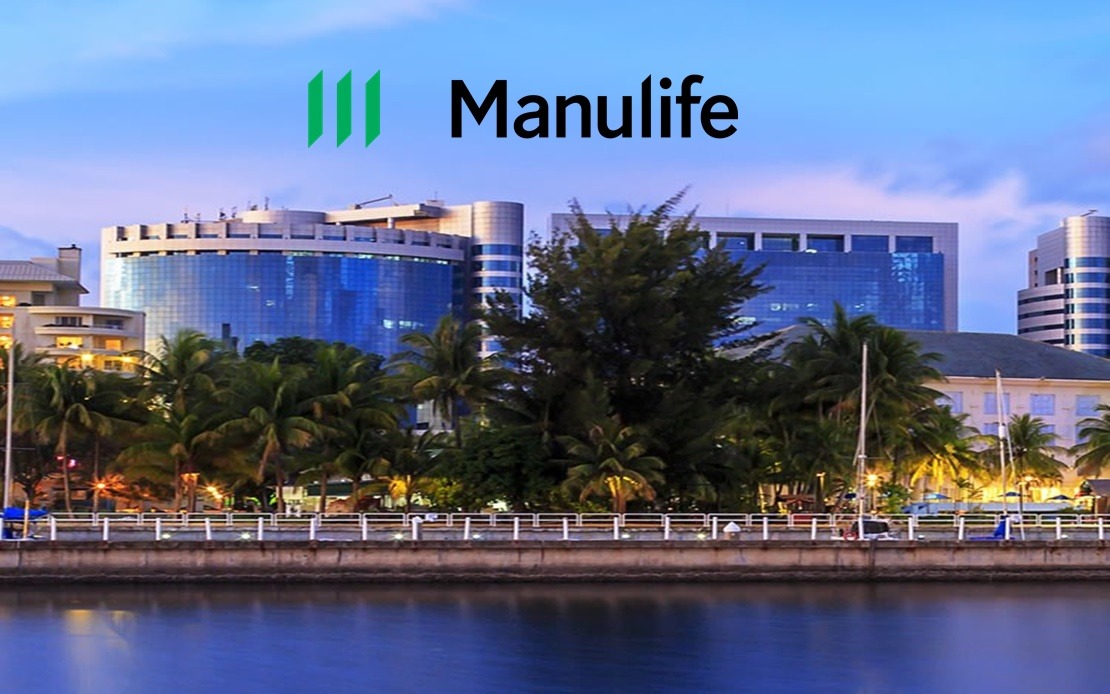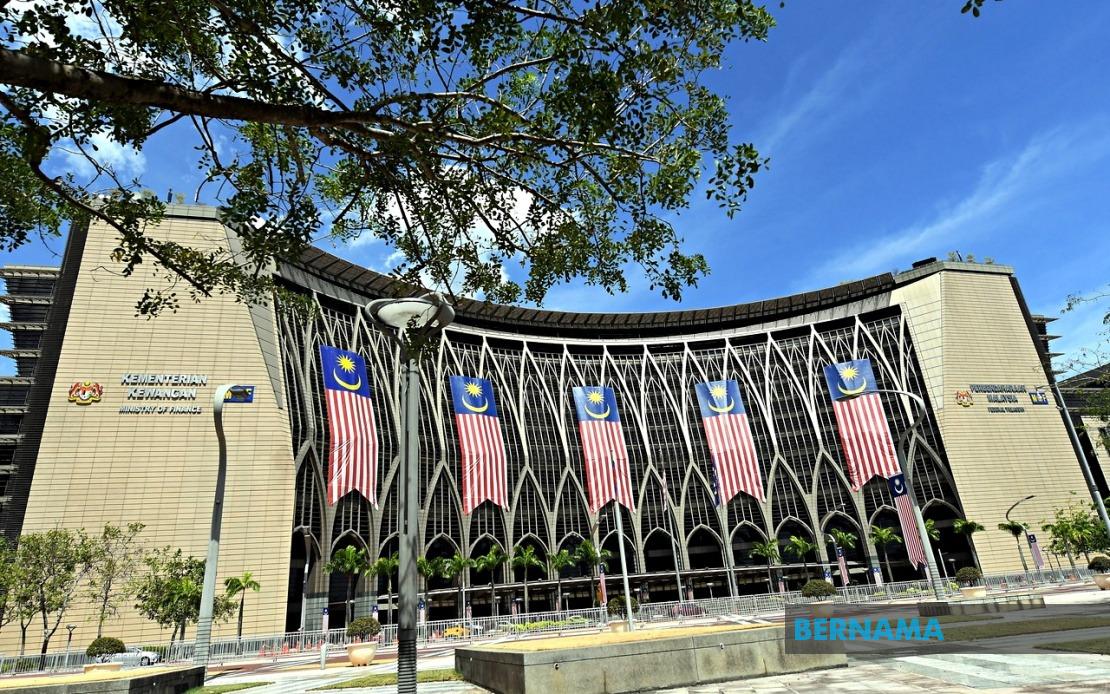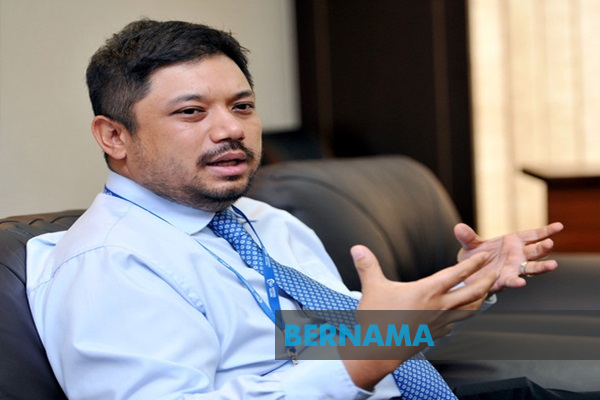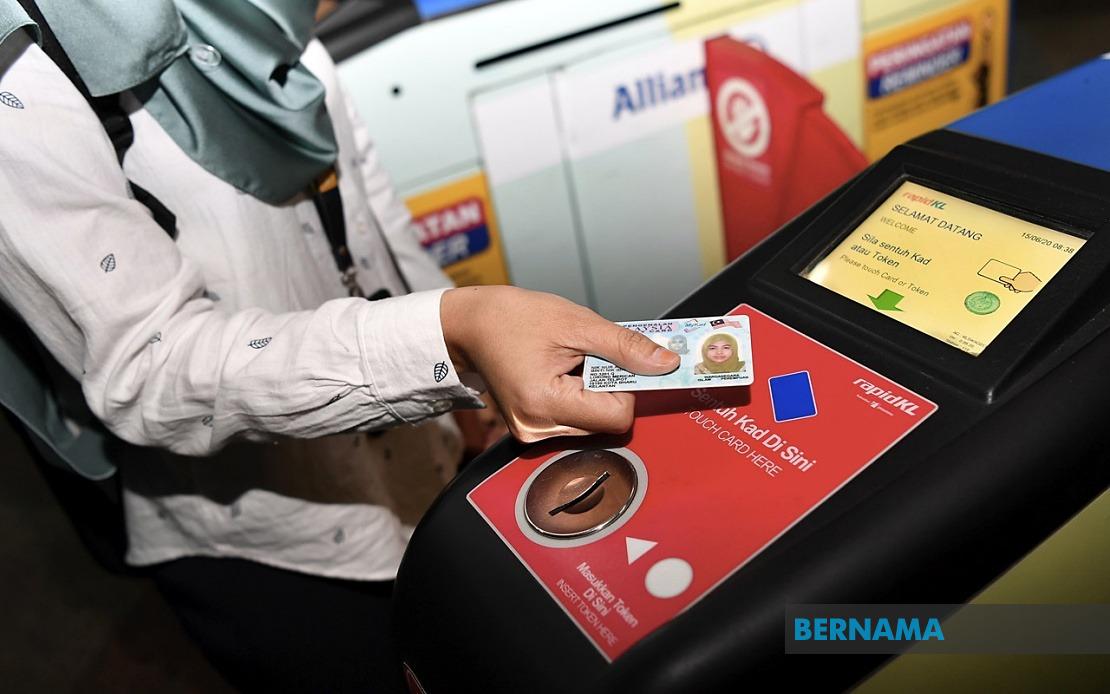NEWS
2020 Budget set to drive economic growth, enable people enjoy yields

KUALA LUMPUR, Oct 11 -- The government today proposed a budget for 2020 that is set to drive economic growth so that the country’s yields can be enjoyed by all the people without compromising the government commitment to restore the nation’s fiscal health.
Finance Minister Lim Guan Eng said the 2020 Budget, which he tabled in the Dewan Rakyat, is a growth-centric budget with precisely designed measures to optimise the impact on economic growth, job creation and structural change.
The budget will be implemented without jeopardising the government commitment to achieving gradual fiscal consolidation despite having inherited debts and liabilities to the tune of RM1.1 trillion of the previous administration, he said.
The 2020 Budget, which carries the theme of Driving Growth and Equitable Outcomes Towards Shared Prosperity, allocates a total expenditure of RM297 billion, comprising operating expenditure of RM241 billion and development expenditure of RM56 billion.
“Selective state interventions are required to improve national competitiveness, raise productivity, prioritise investment in strategic sectors, re-energise export-led industrialisation and envouraging entrepreneurship,” Lim said when tabling the second budget of the Pakatan Harapan (PH) government after PH took over the administration in 2018.
The allocated budget expenditure is RM19.5 billion more than this year’s RM277.5 billion, after excluding the one-off allocation for outstanding GST (Goods and Services Tax) and income tax refunds.
Lim said the government expects to collect RM244.5 billion in revenue in 2020, an increase of RM11.2 billion from 2019, after excluding the one-off Petronas special dividend of RM30 billion.
As a result of the budgetary measures, the Malaysian economy will remain resilient going forward - with GDP expected to grow by 4.7 per cent this year and improving to 4.8 per cent in 2020 while inflation is expected to remain well-anchored at two per cent in 2020, he said.
Four thrusts will anchor the 2020 Budget, namely driving economic growth in the new economy and digital era; investing in Malaysians: levelling up human capital; creating a united, inclusive and equitable society and revitalisation of public institutions and finances.
Lim said the government efforts to stimulate economic growth next year comprises making Malaysia the preferred destination for investment; accelerating the digital economy; strengthening access to financing for businesses; strengthening economic diversity; enhancing job opportunities for Malaysians; modernising the labour market; investing in education and talent; inclusive development; towards better health services; enhancing the transportation ecosystem; promoting access to housing; unity through sports; promoting environmental sustainability; commitment to fiscal consolidation and strengthening institutions, governance and integrity.
Lim said accelerating the digital economy will take into account building digital infrastructure; building digital applications; building digital companies and building digital Malaysians, which, among other things, will see a rise in the use of the e-wallet by traders and the people.
Concerned that over 500,000 unemployed Malaysians in 2018, of whom roughly 140,000 are graduates, the government will launch the Malaysians@Work initiative aimed at creating better employment opportunities for youth and women and reducing the country’s over-dependence on low-skilled foreign workers, he said.
At the end of 2018, there were officially 2.2 million foreign workers, or 15 per cent of the national labour force of 15 million people, in the country.
“The government anticipates that the Malaysians@Work initiative will cost RM6.5 billion over five years and create an additional 350,000 jobs for Malaysians and reduce foreign workers dependency by more than 130,000,” said Lim.
He said the PH government is committed to improving livelihoods, particularly for lower income groups and, as such, proposes to increase the minimum wage rate in major cities to RM1,200 per month effective 2020. The existing rate is RM1,100 per month.
Lim said the government is committed to providing quality education at different stages of life for the rakyat (people) and in investing in “the future of our children” and, as such, again proposes the largest allocation, of RM64.1 billion, to the Education Ministry, including for the upgrading of schools and mainstreaming TVET (Technical & Vocational Education & Training).
He said RM16.9 billion will be allocated for the Home Ministry and RM15.6 billion for the Defence Ministry. Up to RM10.9 billion will be allocated for rural development.
“A country can only be united if our economic development is inclusive regardless of race, religion, geographical location and background. The Federal Government strives to defend and empower all inclusively and not only one group exclusively,” he said.
In easing the financial burden on the people, he said, the allocation for total subsidies and social assistance will be increased from RM22.3 billion in 2019 to RM24.2 billion in 2020, including welfare assistance such as Bantuan Sara Hidup and subsidy payments such as agriculture related, fuel and interest, as well as ensuring that all the people have access to quality healthcare.
He also said that the government will continue to take care of the needs of smallholders, settlers, farmers and fishermen by providing various incentives, financial assistance and facilities valued at millions of ringgit.
There was good news for the 1.6 million civil servants. Lim announced a special payment of RM500 for those on Grade 56 and below and a RM250 special payment for government retirees and non-pensionable veterans, to be paid before the end of this year.
The Cost of Living Allowance (COLA) will be increased by RM50 per month beginning 2020 for the support group.
For the first time, civil servants will be allowed early redemption of accumulated leave for up to 75 days as replacement pay for those who have at least 15 years of service.
To help relieve the burden of dependents to civil servants who have died in service, the government will improve the current benefits, namely introducing an ex-gratia death benefit of up to RM150,000 payable to dependents of the deceased and bringing forward the annual salary movement for civil servants who have died in service before the salary movement date.
In appreciation of the sacrifices and heroism of the armed forces, Lim said the government will accord a one-off payment of RM500 to the 70,000 holders of the Pingat Jasa Malaysia, with an allocation of RM35 million.
Some 14,400 Fire and Rescue personnel will receive a special allowance of RM200 a month, amounting to RM35 million, in recognition of their service, especially answering emergency calls from all over the country day and night, he said.
When tabling the budget, Lim slammed the previous administration, saying Malaysia failed to achieve its dream of becoming a developed nation in 2020 because of that government’s massive financial scandals, corruption and mismanagement.
-- BERNAMA
OTHER NEWS
Budget 2022: Impact on fixed income market almost negligible, says Manulife

KUALA LUMPUR, Nov 12 -- The impact from Budget 2022 on the fixed income market is almost negligible, given that there were no major surprises in terms of the country’s debt financing requirement and fiscal position, said Manulife Investment Management (Manulife).
Govt needs to look for other ways to increase revenue beyond Budget 2022 taxes - Expert

KUALA LUMPUR, Nov 11 -- Budget 2022 tax initiatives may not contribute significantly to government revenue and there is a need to look for other ways to increase it for the sustainable economic growth of the country, according to a tax expert.
Budget 2021 formulated based on valid data - MoF

KUALA LUMPUR, Dec 16 -- Budget 2021 was formulated based on reports presented by relevant bodies whose data could be determined to be valid, the Ministry of Finance (MoF) said.
HIGHLIGHTS
Budget 2022 initiatives to drive Malaysia's EV sector ahead
Budget 2021: Allocation to ensure conducive learning environment - Radzi Jidin
Ku Li will not participate in Budget 2021 debate
Budget 2021: MoT to provide incentives to lighten people’s burden - Wee
RM200 mln plan to rehabilitate tourism in Budget 2021 - Nancy Shukri
EXCLUSIVE
Budget 2020 to fast track logistics industry growth - Industry players
Labuan Malay Chamber hails Budget 2020 as fiscal stimulus
Government urged to iron out issues pertaining to implementation of 90-day maternity leave

MANCHESTER, Oct 16 -- Industry players say the 2020 Budget tabled last Friday clearly reflects the government's commitment to developing the domestic logistics sector by addressing o...

Exclusive report by Jailani Hasan
LABUAN, Oct 16 --The Labuan Chamber of Malay Entrepreneurs ( DUML) has hailed the 2020 Budget presented by Finance Minister Lim Gu...

Exclusive report by Mohd Fharkhan Abdul Ghapar
KUALA LUMPUR, Oct 15 (Bernama) -- The government is advised to refine the implementation of the 90-day maternity ...
ECONOMIC REPORT
Budget 2021: MoT to provide incentives to lighten people’s burden - Wee

KUALA LUMPUR, Nov 19 -- The Ministry of Transport which receives RM6.05 billion allocation under Budget 2021, will be providing various incentives to benefit the people.
2021 Budget : MAFI, private sector must co-operate to optimise Budget 2021
KUALA LUMPUR, Nov 16 -- The Ministry of Agriculture and Food Industries (MAFI) and the private sector must escalate co-operation to optimise the allocation in the 2021 Budget to MAFI so that ...
Budget 2021 described as inclusive for all in tourism sector

KUALA LUMPUR, Nov 9 -- The inclusive Budget 2021 touching on the involvement of various parties contributing to the economic chain related to the tourism sector is seen capable of revital...
BNC LIVE
BUDGET SPEECH

© 2025 BERNAMA. All Rights Reserved.
Disclaimer | Privacy Policy | Security Policy This material may not be published, broadcast,
rewritten or redistributed in any form except with the prior written permission of BERNAMA.
Best viewed in Firefox 58.0.1 (64-bit) & Chrome Version 63.0.3239.132 (Official Build) (64-bit) with 1920 x 1080 resolution